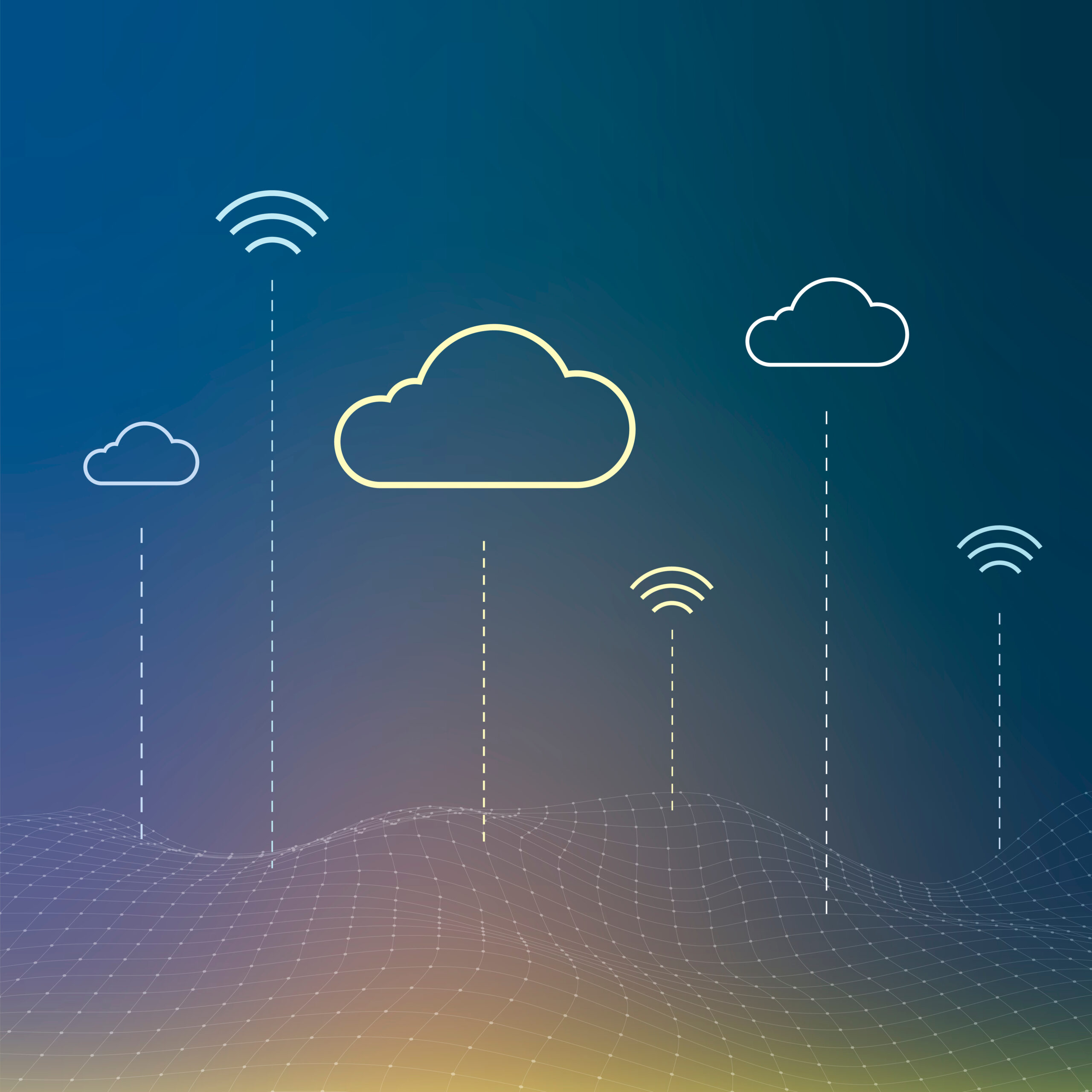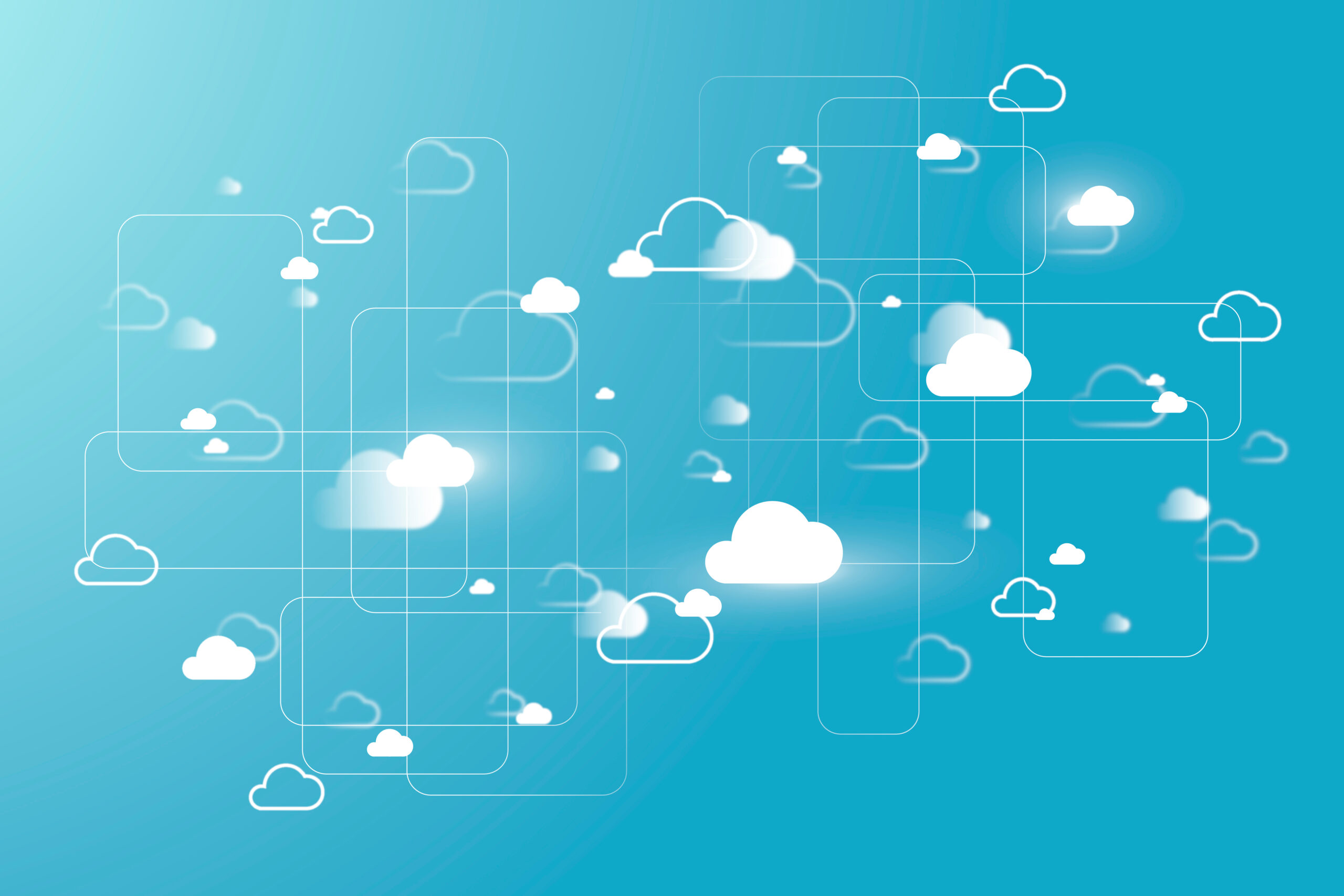
AI Takes Center Stage in Microsoft’s Latest Windows 11 & 365 Upgrade
Introduction: The Future of Work Is Here
In a move set to redefine digital productivity, Microsoft has announced a major AI upgrade to its Windows 11 operating system and Microsoft 365 suite. This bold step aligns with the company’s long-term vision to embed AI into every layer of computing. The AI-powered features are expected to enhance productivity, simplify complex workflows, and bring personalized experiences to both individuals and businesses.
With this evolution, IT students, professionals, and corporate leaders must prepare to adapt and leverage AI-driven environments in their everyday workflows.
Key Highlights from the Update
1. Copilot in Windows 11 Goes Global
Microsoft is rolling out Copilot, a personal AI assistant, built directly into Windows 11. Much like ChatGPT but optimized for Windows tasks, Copilot can:
Summarize documents
Generate emails and presentations
Execute commands like adjusting settings, launching apps, or organizing windows
2. AI Comes to Microsoft 365 Apps
Apps like Word, Excel, PowerPoint, Outlook, and Teams are now equipped with Microsoft 365 Copilot. For example:
In Word, it can draft or summarize documents
In Excel, it can analyze data trends
In PowerPoint, it auto-generates slides based on document input
In Teams, it can summarize meeting transcripts and suggest follow-ups
3. AI-Powered Security and IT Management
For IT administrators and cybersecurity professionals, Microsoft now offers AI tools to automate threat detection and user policy updates within Microsoft Defender and Intune.
4. Natural Language Interface
Users can now use simple commands like “Show me yesterday’s meeting notes” or “Create a sales report from this Excel file,” transforming how users interact with their PCs.
Why This Matters for Different Audiences
For IT Students:
Learning how Copilot integrates with Windows and Microsoft 365 can offer insights into real-world enterprise applications of AI.
Familiarity with these tools could become a key employability skill in the near future.
Understanding prompt engineering and the mechanics of Microsoft’s AI stack can boost technical proficiency.
For Working Professionals:
Professionals can now automate routine tasks such as writing reports, analyzing data, or drafting client communications, saving hours of manual work.
Marketing teams, HR departments, analysts, and developers can benefit from tailored features in their daily workflows.
Upskilling in AI-powered productivity tools could become mandatory for career progression.
For Business Executives:
Organizations will benefit from increased productivity, enhanced decision-making, and reduced operational overheads.
Integration of Microsoft’s AI into enterprise systems will lead to more intelligent automation and resource management.
Leaders must consider change management and workforce training to make the most of this transformation.
What’s Next?
Global rollouts are ongoing, with full availability of AI features expected by mid-2025.
Microsoft is investing heavily in making Copilot available across Azure, Dynamics 365, and other ecosystems.
The company also plans to enhance multilingual capabilities and integrate more third-party plugins for developers.
Final Thoughts: Embrace AI or Fall Behind
Microsoft’s AI integration is more than just a software update — it’s a paradigm shift in digital productivity. Whether you’re a student preparing for the future, a professional optimizing your workflow, or a business leader strategizing for growth — understanding and adopting AI in your environment is no longer optional.
Stay updated, get trained, and prepare to lead in this AI-driven era.


